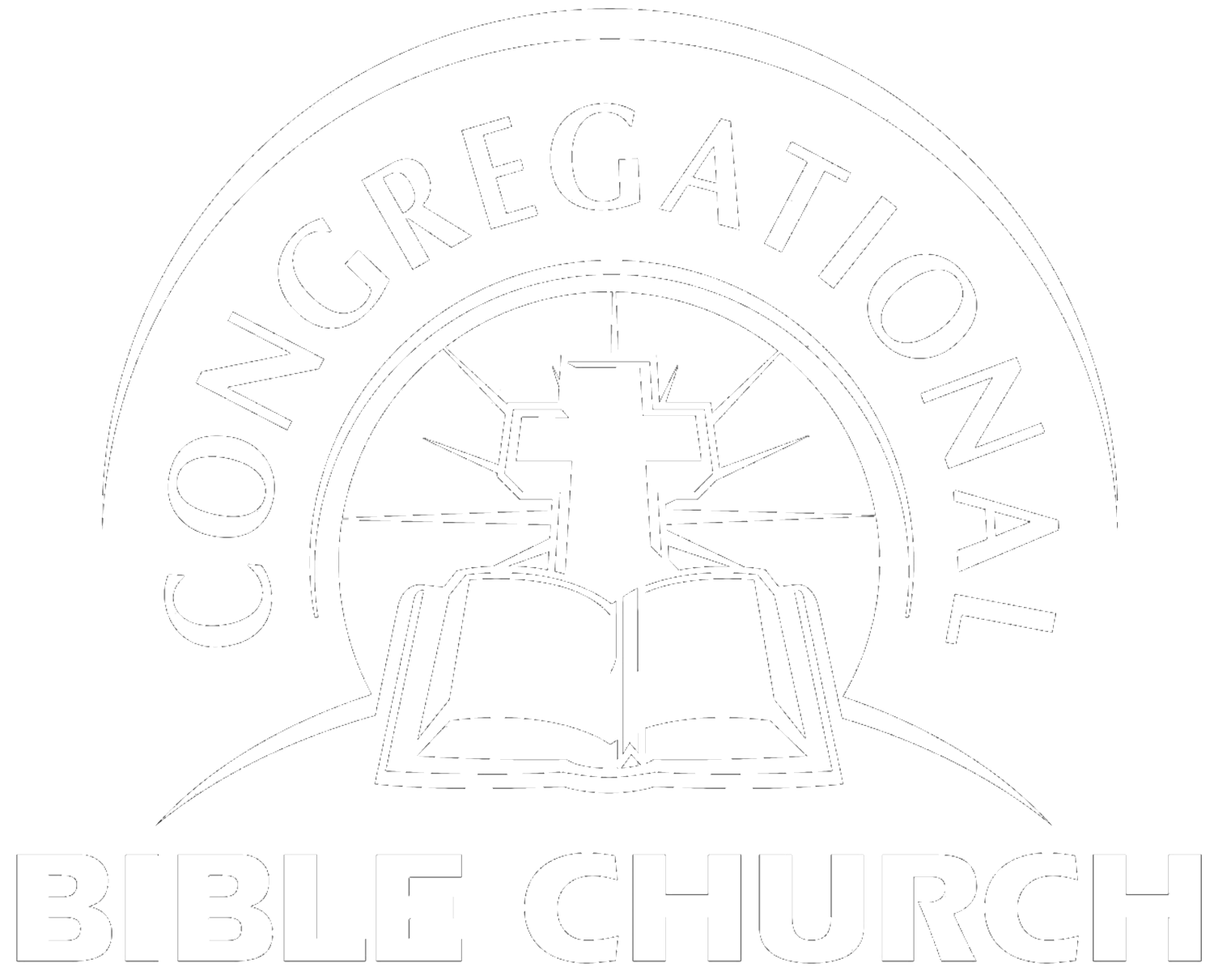J.D. Salinger is an author famously known for writing the book called The Catcher in the Rye. Salinger is also known for his frequent change in religions. He began as Jewish and then moved on to Buddhism, then Hinduism, then Christian Science, and finally Scientology. The world would say that Salinger ‘converted’ to at least 4 religions. What is ‘conversion’ and how does it relate to a healthy church?
Converted Membership is our next characteristic of a healthy church that we will look at in this month’s article. This is absolutely critical for the life of the church and for the church to remain what it truly is.
What does it mean to convert? Or to be converted? The world would see conversion as simply a change in association or lifestyle choice. To merely mentally acknowledge a particular agreement with a group’s philosophies or ideals. I agree with your position, and so, I change my affiliation to the group that you belong to. Conversion would be something like changing political parties or becoming a vegan. That’s how the world sees conversion. But that is not how the Bible defines conversion. Surely there is something distinct about Christian conversion that separates it from simply a lifestyle choice, right?
To ‘convert,’ or to experience ‘conversion,’ or to be ‘converted’ in the Bible is understood as people who have repented of their sin and placed their faith in Jesus Christ as Lord and Savior. The gospel message is always a call to repent and believe. When a person does that, he/she is ‘converted.’ People are always converted to Christ (Romans 16:5), not to the Christian religion or to church dogma. Conversion, therefore, is synonymous with becoming a Christian. So, one is ‘converted’ when one gets saved, born again, regenerated, or redeemed; and that happens when a person repents and believes. That is the only type of conversion that is understood in the Bible.
This has serious implications for who we consider to be part of our church, or Christ’s church in general. Someone does not become a member of Christ’s church by attending the services, by association with Christians, by mental agreement with the teaching of Christianity, or by personal declaration (I’m a Christian). A person becomes a Christian, and a member of Christ’s church, when he/she is converted (repent and believe). It is impossible to say that someone has always been a Christian, since personal conversion is necessary to become a Christian. Conversion inherently assumes a change; a time before conversion, the time of conversion itself, then the life after conversion.
Jesus said “unless you are converted you cannot enter the kingdom of God” (Matthew 18:3). Church elders cannot be “new converts” (1 Timothy 3:6). And in Acts 15, Paul and Barnabas relate to the church the “conversion of the Gentiles.” Conversion is absolutely necessary to eternal life, conversion is a point in time when a person becomes a Christian, and conversion is the moment a person repents and believes on Jesus Christ as Savior. That is the overall testimony throughout the Bible. For more examples see the conversion of Zaccheus (Luke 19), Jesus’ first converts (John 1), the conversion of Paul (Acts 9), the conversions of Lydia and the Philippian jailor (Acts 16), and Epaeneutus, who was the first convert from Asia (Romans 16:5).
This is critical for the life of the church because without a proper understanding of conversion the definition of the church itself falls away. The church becomes nothing more than a club or an organization that you sign up for, rather than a distinct group of individuals made alive by the Spirit of God, who are brought together to serve the Living God. This is also critical because eternity is at stake. One’s eternal destiny depends on getting this right. We can disagree on things like styles of church leadership and eternity does not hang in the balance. But we cannot falsely assure someone of possessing eternal life because they choose to sit in our pews, like our music, or enjoy our potlucks. There is warning after warning after warning in the New Testament about false converts in the church, and this why a proper definition of conversion is necessary.
Conversion is when a person becomes new, not nice. Conversion is when a person is saved, not sincere. Conversion is being born again, not deciding on being a better person.
Pastor Mark Scialabba


